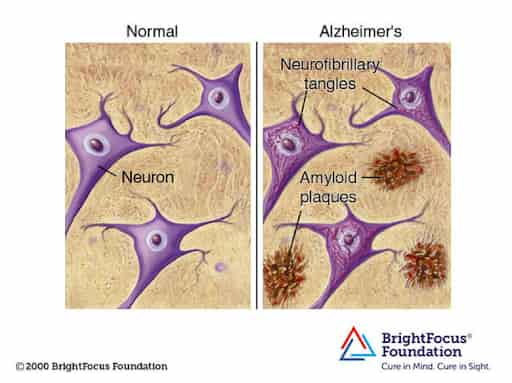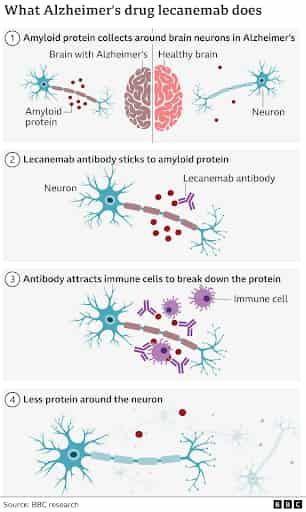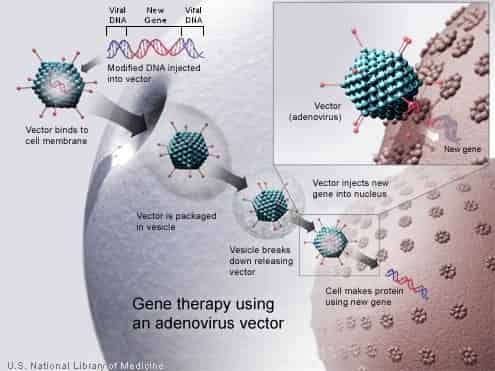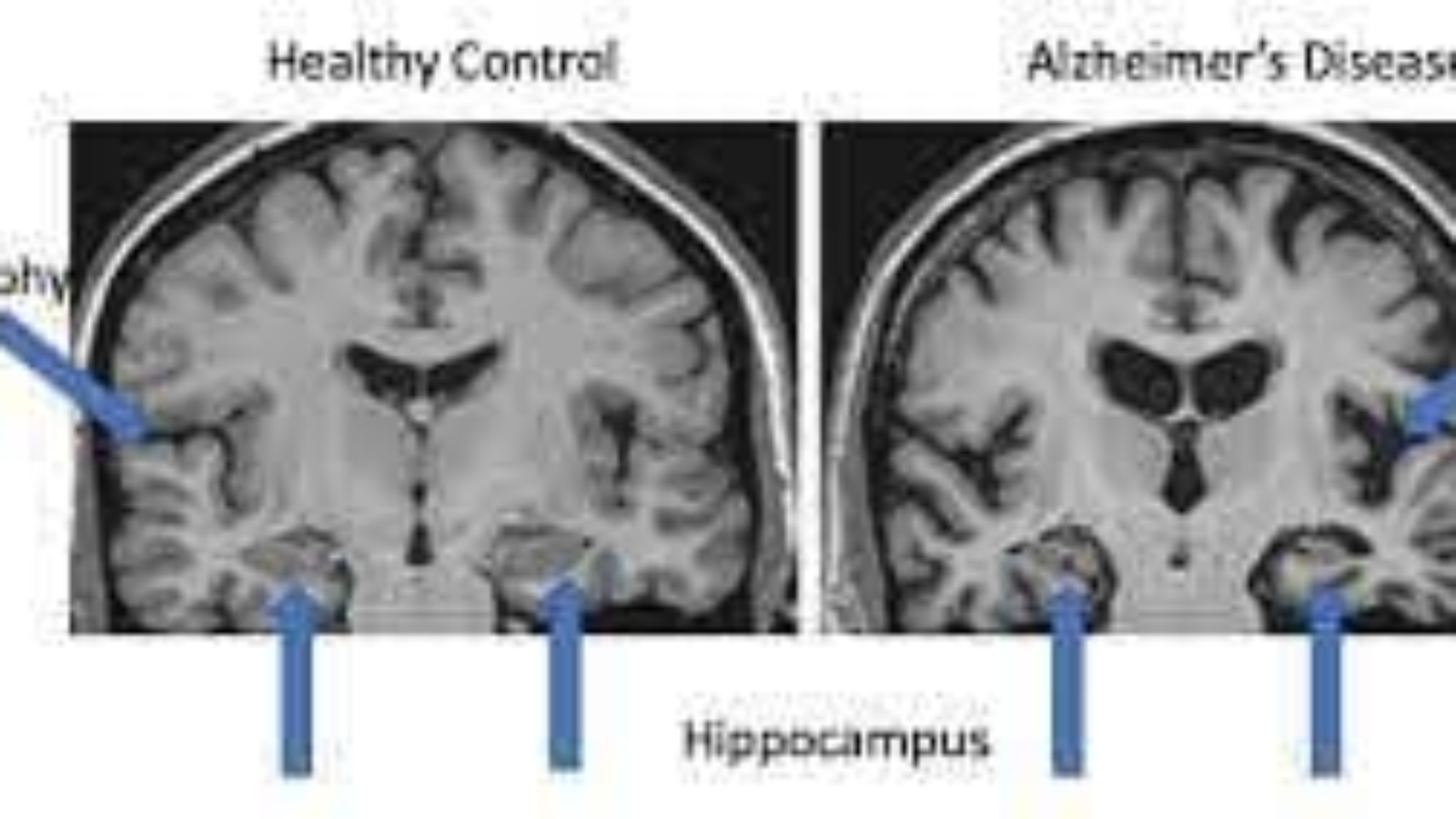
Alzheimer’s, described by the Mayo Clinic as the “most common cause of dementia,” leads to the shrinking of the brain and the eventual death of brain cells.
Despite decades of research, many aspects of Alzheimer’s remain unknown. . Scientists continue to seek information to develop treatments aiming to cure the disease. The current prominent trend focuses on slowing down the progression of beta-amyloid plaque, identified as a key component by top researchers.

Recent Developments

Last July, the FDA approved a new drug treatment, lecanemab, as a result of its success in slowing down the formation of the plaque. Many have gained hope and interest in the drug for being the first FDA approved drug in twenty years for Alzheimer’s. However, scientists and doctors still remain cautious about the use of the drug in everyday treatments. For example, studies from Yale University incorporation with the National Institutes of Health has shown moderate side effects including rash, body aches, and a variety of other symptoms. Yet, it remains to have significantly less known side effects in comparison to other studies completed with other treatments.
Another common direction in treating Alzheimer’s is gene therapy. Gene therapy is defined as a method that edits one’s DNA to alter their chances in developing genetic diseases. Results have consisted of fixed genetic deformities and the increased livelihood of cells. (Healthline) Specifically in relation to Alzheimer’s, it can edit the genetic markers of individuals who have had past family members have the disease. Consequently, it can completely decrease their chances of developing the disease.

With the analysis of current Alzheimer’s treatments, it allows us to understand the paths and steps that have already been taken to cure the disease and opens up new possibilities. Although our knowledge still continues to grow, significant progress has been made in the creation of new treatments for targeting the beta amyloid-plaque. Hopefully, in the future of a constantly industrializing society, a new successful treatment will be formed to cure the disease.
References
- “Alzheimer’s Disease.” Mayo Clinic, Mayo Foundation for Medical Education and Research, 30 Aug. 2023, www.mayoclinic.org/diseases-conditions/alzheimers-disease/symptoms-causes/syc-20350447#:~:text=It’s%20characterized%20by%20changes%20in,thinking%2C%20behavior%20and%20social%20skills.
- MacMillan, Carrie. “Lecanemab, the New Alzheimer’s Treatment: 3 Things to Know.” Yale Medicine, Yale Medicine, 24 July 2023, www.yalemedicine.org/news/lecanemab-leqembi-new-alzheimers-drug.
- Ruwa, Rashida. “Gene Therapy for Alzheimer’s Disease.” Healthline, Healthline Media, 21 Sept. 2023, www.healthline.com/health/alzheimers/alzheimers-gene-therapy-treatment#what-is-gene-therapy.
- Image 1: (Dementia Services Information and Development Centre)


Add a Comment